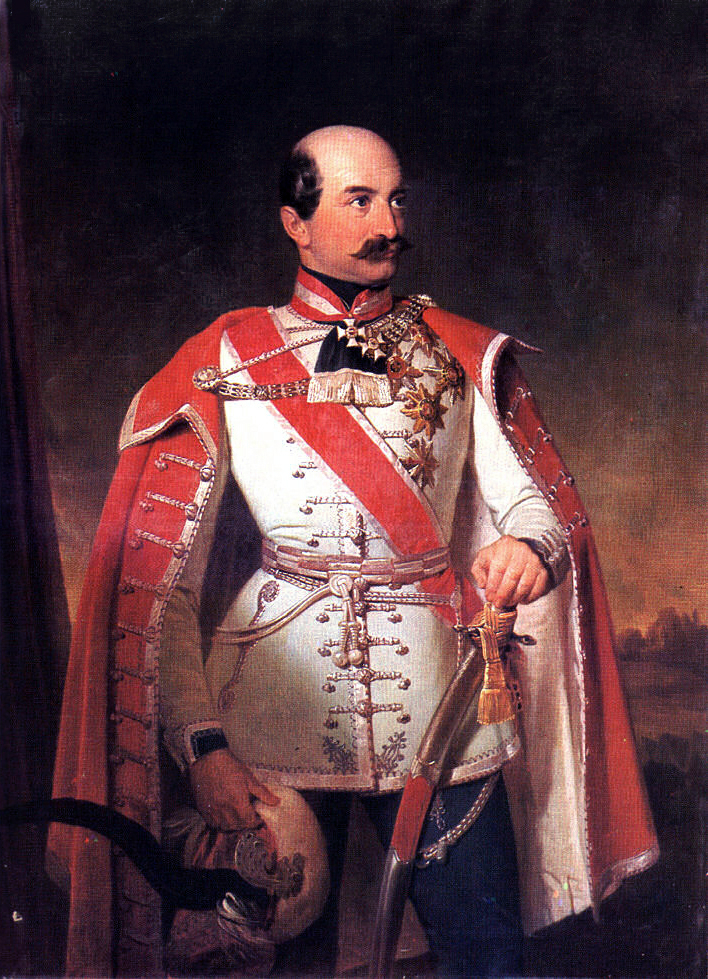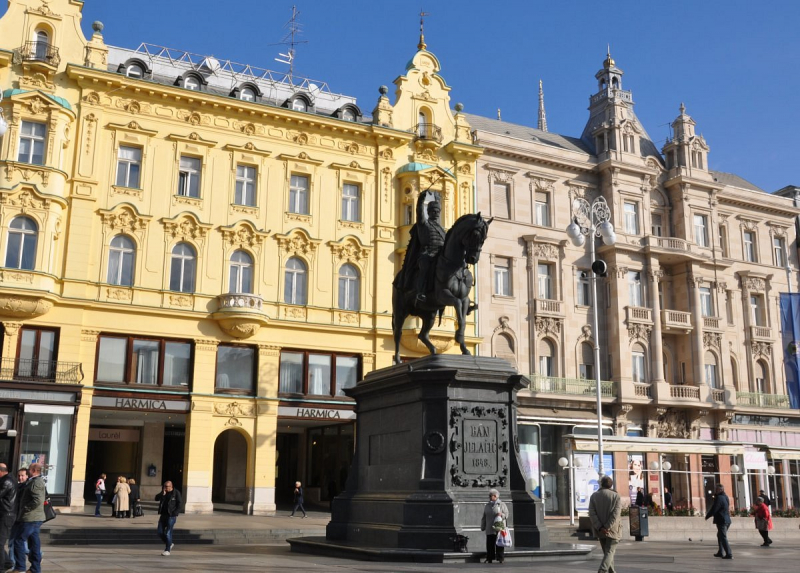Ban Josip Jelačić
Josip Jelačić was a significant politician of the 19th century, a member of the Jelai aristocratic family, and the ban of Croatia, Dalmatia, and Slavonia. He was one of the most significant politicians in all of Croatian history and was responsible for calling the country's first parliamentary elections. During the Revolution in Hungary in 1848, he won a noteworthy victory as an army commander against the rebellion.
He succeeded in uniting Croatia with Dalmatia and the Krajina area, a task that had long evaded the nation. Both elected and hereditary members were permitted to participate in the Sabor under Jelačić's direction. Even though the peasants remained impoverished for many more years, he ended feudalism.
After being unwell, Jelai Jelačić passed away in Zagreb on May 20, 1859. He is interred in a tomb close to his castle at Zaprešić. In his period and the immediate aftermath, Jelačić was not well-liked by the Croatian political class, notably Ante Starčević and others, and in particular by those who lost loved ones in his military campaigns and received little benefit from his economic policies.
Along with Ante Starčević and Stjepan Radić, who served as Croatia's political head until 1928, Jelačić is now regarded as a significant and respectable person in the country's history. Ban Jelačić Square in Zagreb was given that name in 1848, and an Anton Dominik Fernkorn statue of him was placed there in 1866. The statue was taken down in 1947 during the Communist regime and put back up in 1990 after the fall of Communism.












